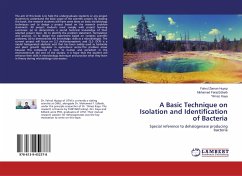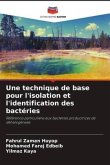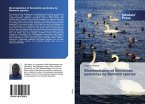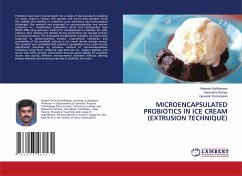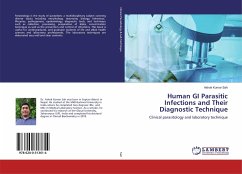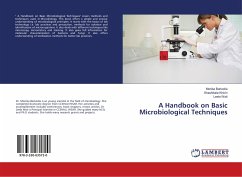The aim of this book is to help the undergraduate students or any project students to understand the basic scope of the scientific project. By reading this book, the research students will have some ideas on basic microbiology techniques and to design a project based on the research problem statement. All project students must comply with project learning outcomes: (a) to demonstrate a sound technical knowledge of their selected project topic, (b) to identify the problem statement, formulation and solution, (c) to design the experiment based on complex scientific problems, (d) to demonstrate the knowledge, skills as a microbiologist. The current project will focus on 2,2 dichloropropionic acid (2,2- DCP) is a model halogenated aliphatic acid that has been widely used as herbicide and plant growth regulator in agricultural sector.The problem arose because this compound is toxic to human and persistent in the environment.At the end of the studies, it is hope that the student will enhance their skills in microbiology technique and practice what they learn in theory during microbiology class session.
Bitte wählen Sie Ihr Anliegen aus.
Rechnungen
Retourenschein anfordern
Bestellstatus
Storno

